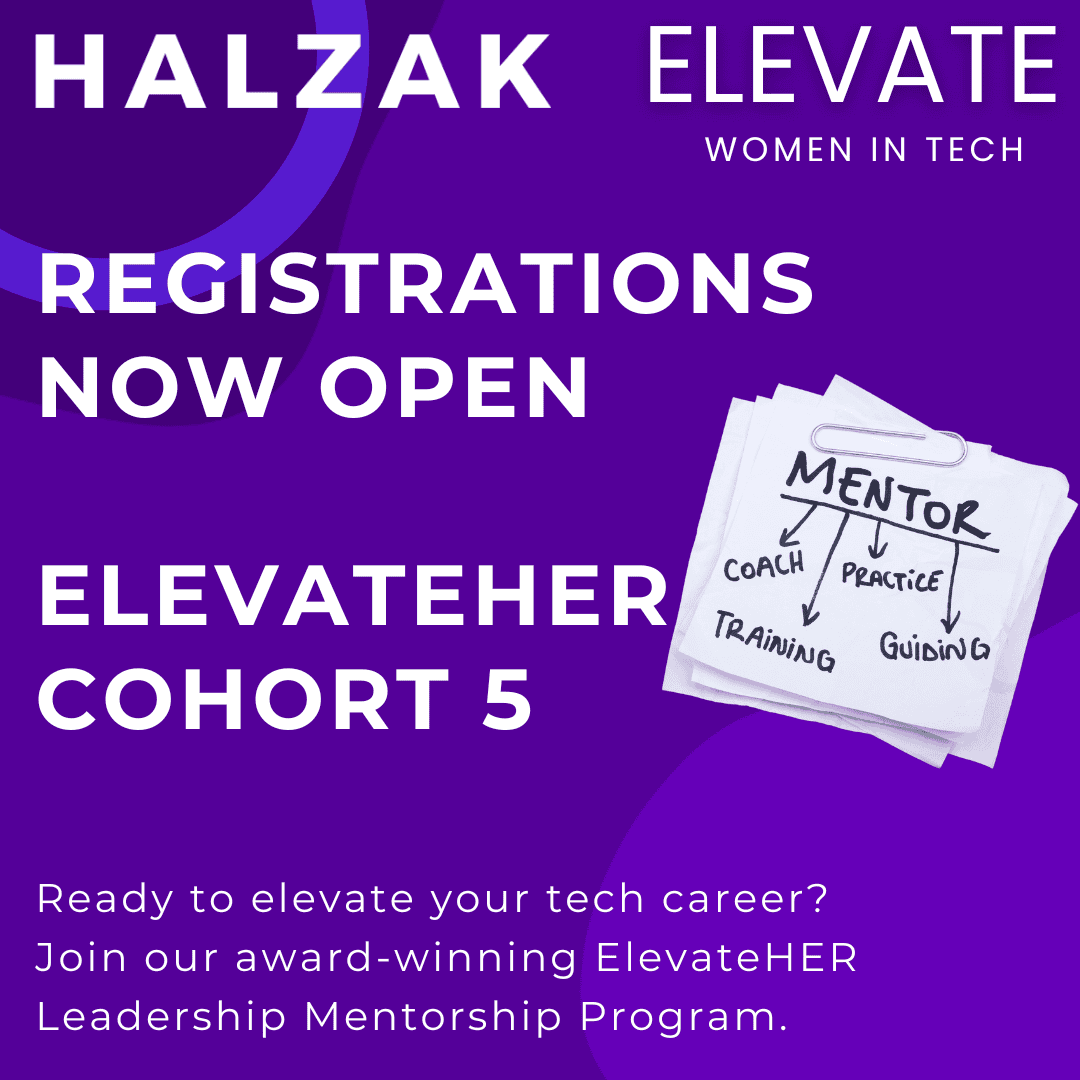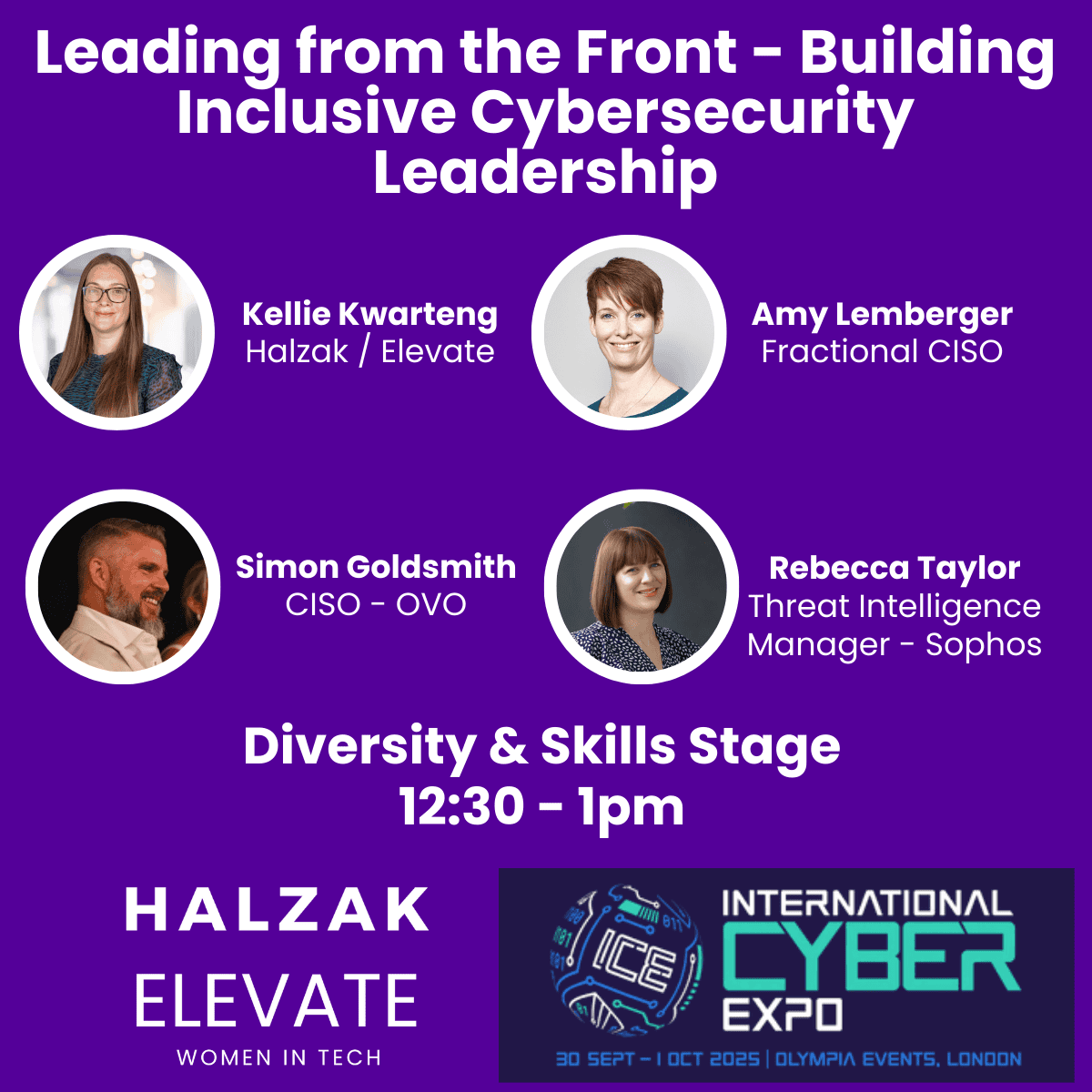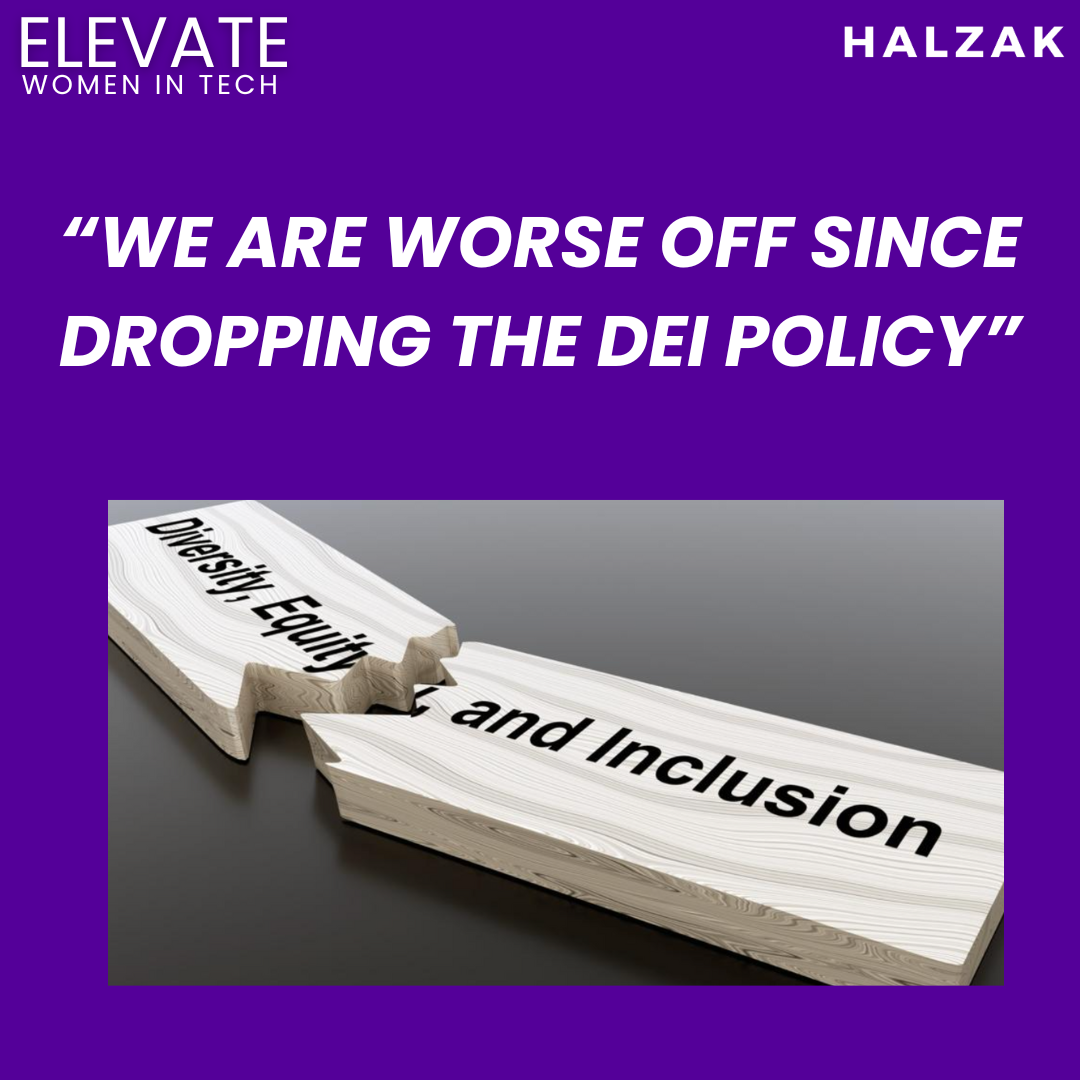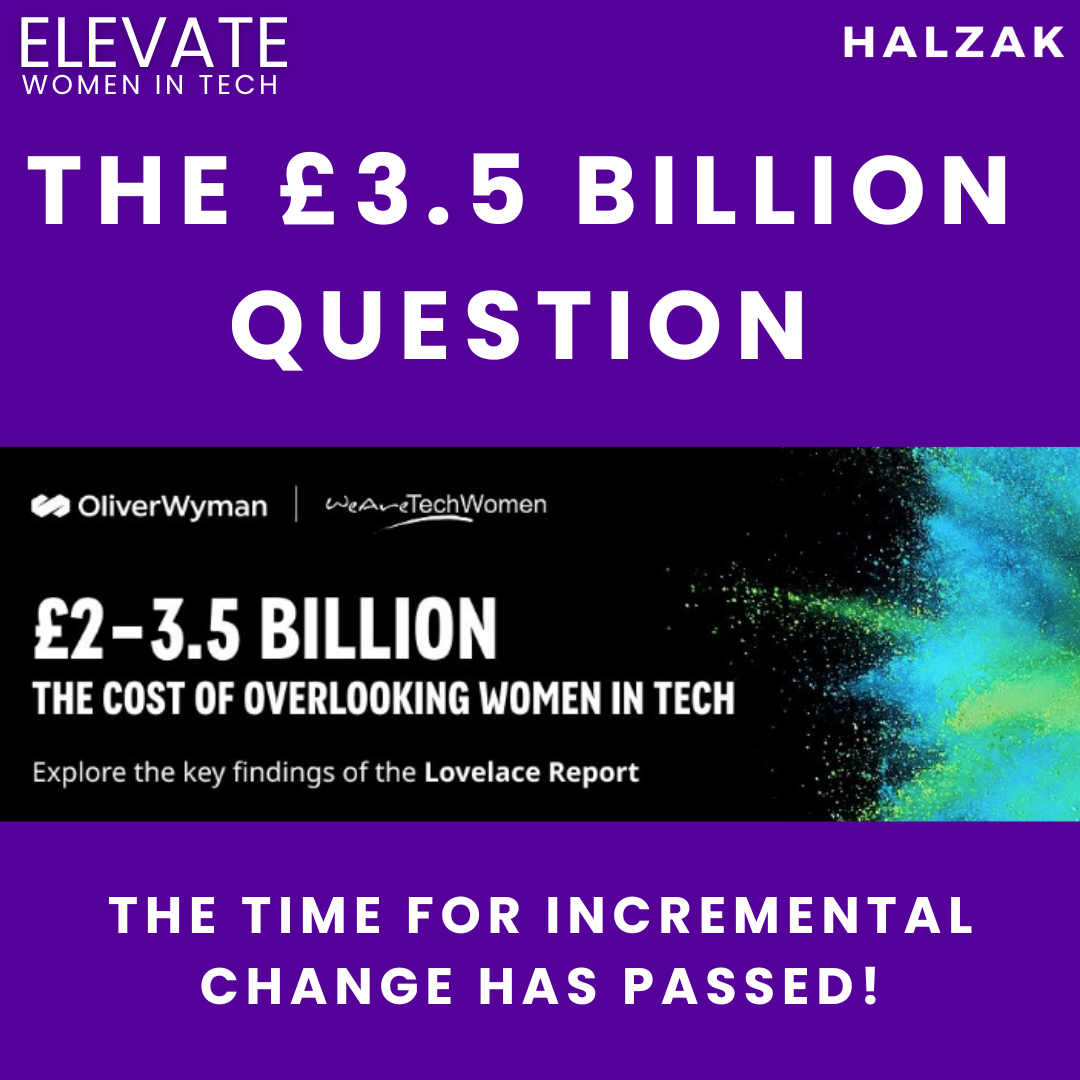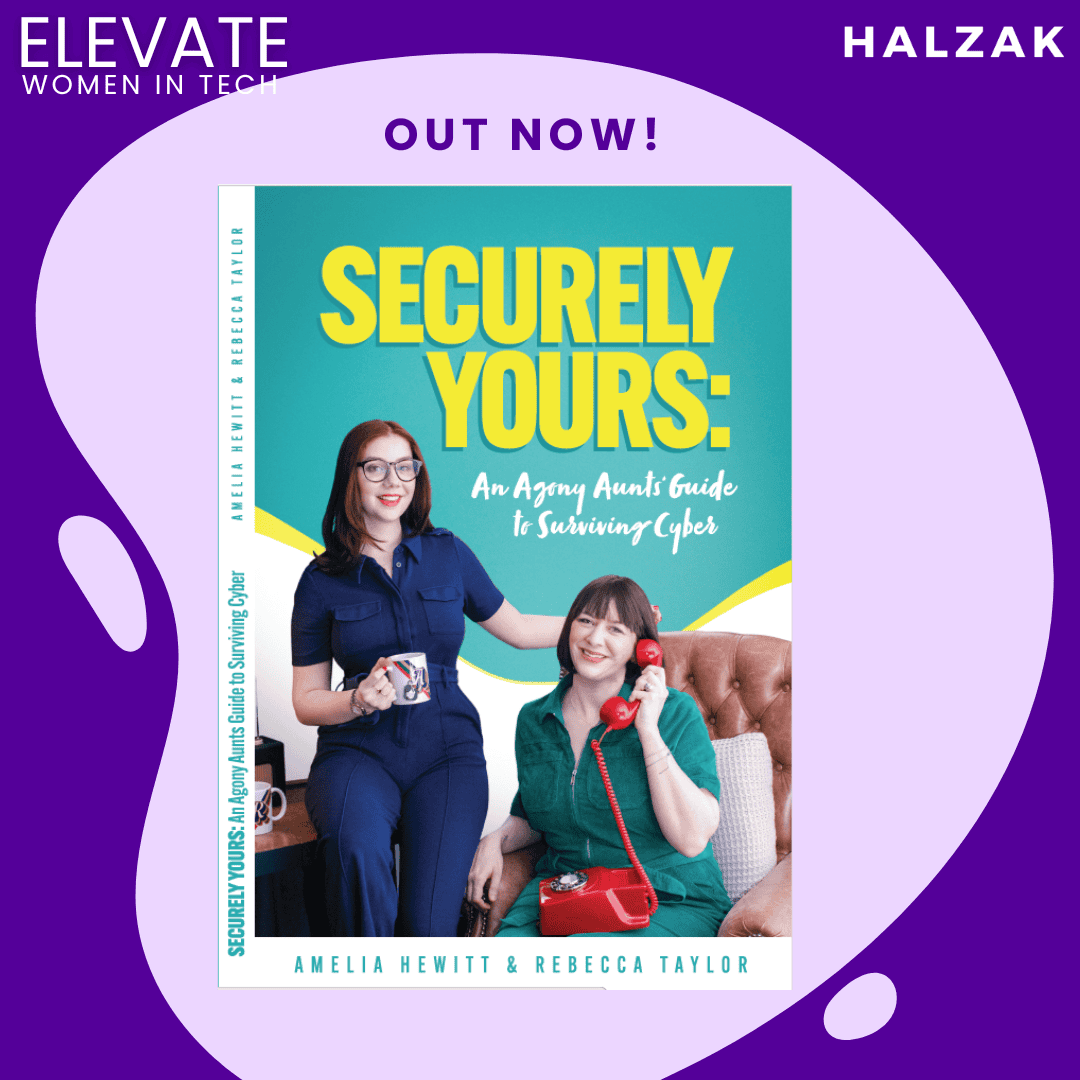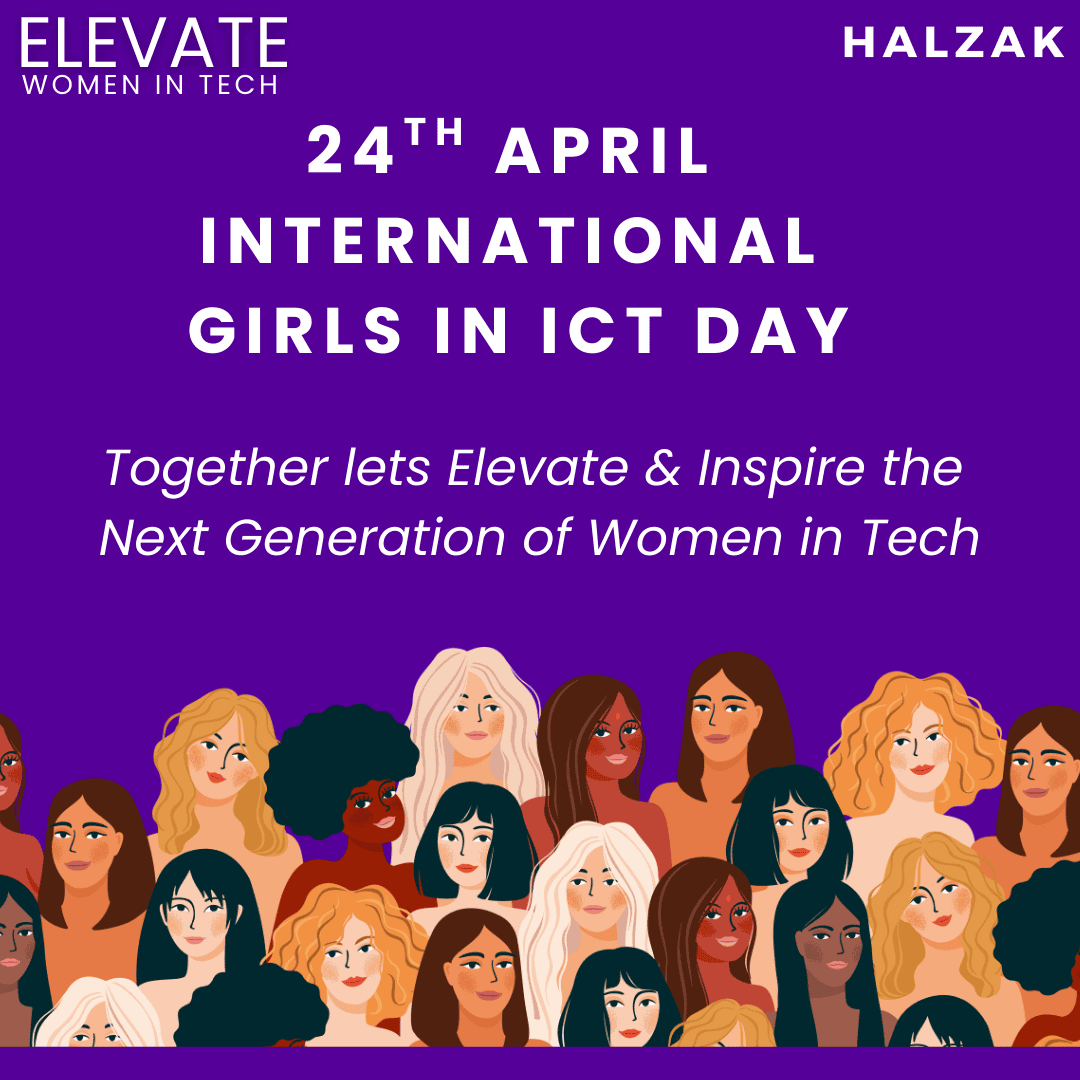
Artificial Intelligence (AI) as a concept popped up in the 50s, when “women’s work wasn’t work” and “women’s intelligence wasn’t intelligence”. As Jill Lepore explained in her book “If/Then”, AI was created to be similar to the intelligence of men, excluding women, which still has consequences today.
When I interviewed her for the book “50 Women in Technology”, Dr. Rumman Chowdhury explained the decisions made 70 years ago still have a great impact today. “I try to put it in scenarios that people understand today. What if you’re denied a loan because you’re a woman? You don’t know that, but it’s because, historically, women were not even allowed to have credit. Let alone have loans. Their husbands or fathers had to sign for them. So, the data around women is quite biased. It’s even worse for people of colour,’ explained the expert in responsible AI.
Despite modern times having brought a change in terms of women’s access to technology and work opportunities in the field, statistics show there are still plenty of challenges.
A study published by the Fawcett Society in October 2023 shows that one in five men working in technology believes women “less suited to working in the sector” and that 43% of women working in technology think about leaving their role at least once a week.
Other conclusions show that one in three black women have been in a situation in which they have been assumed by colleagues to not hold a technical role and three out of four have experienced racism or other kind of discrimination at work. That was the case for Clarice P. . After her studies in the Navy she worked for a scientific instrument company outside of Chicago and, later, she went on to work at Oak Ridge National Laboratory.
Despite her successful journey, there were challenges. “I know I wasn’t the first woman to work in that building, nor the first Black woman, but I think I was the first Black woman there who was a science-adjacent person. When I first arrived, many thought I was the new janitor”, Clarice Phelps explained to me when we talked. “There were a lot of misconceptions about what I was there when I first arrived. I wondered why people were assuming I was not a part of the scientific community. And I observed that when the interns would come for the summer, they wouldn’t be asked if they were janitors. The obviousness of it was a little discouraging”, continued the first Black woman to contribute to discover of a new element for the periodic table – element 117, Tennessine.
Even in what should have been a clear high point in Clarice Phelps’ career, there was a feeling of exclusion. “There was a celebration luncheon and my supervisor asked me if I was going and I didn’t know it was happening”. On the day, “there was a lady at the door making sure your name was on the list, so, I told her my name, and she said she didn’t have it there. I was eventually able to get in. (…) As I walked to see where my seat was, I didn’t see my name anywhere. There was also a big screen that included the names of everyone who had contributed to the element 117 discovery at ORNL, and I didn’t see my name up there either!”. After a few years, telling me this, Clarice Phelps chuckled. At the time, though, she was “really upset” and it was also “embarrassing”.
Clarice Phelps’ case is far from an exception. The same numbers compiled by the Fawcett Society show that 72% of women in tech roles have experienced at least one form of sexism at work. This includes being paid less than male colleagues and sexist ‘banter’ (22%) and questioning of their skills and abilities (20%).

Prejudice and undervalued skills
Researching about this topic for 50 Women in Technology I came across a lot of situations such as these, not only among the pioneers from 100 years ago whose work was only truly appreciated much later or that even though it was evident, was never recognized (as is the case of Lise Meitner, nominated for 49 Nobel prizes without ever receiving one).
Nowadays, it’s worth looking at people such as Gretchen Andrew. When she graduated, she got what could only be considered a dream job – a position at Google, in Silicon Valley. Still, she wasn’t happy and eventually quit. Since then, she has used technology to create art. At 35, she is known for her bold projects using AI and a lot of creativity. Being a young woman, when I interviewed her, she explained a lot of the challenges she had to face before being taken seriously.
“I was trying again so hard to be taken seriously and, once again, losing this game because there’s too much of a disconnect between what people expect of someone who looks like me and the technical power of the work I was making. My surname is Andrew, so people kept asking who was this Andrew that I collaborated with and if he was the one who did the technology side of my work”.
The list of examples goes on. Emily Holmes, Psychology professor in the University of Uppsala in Sweden, Neuroscientist and Psychologist talked about the first conference she ever participated in. “At the first conference I did somebody asked me whose girlfriend I was and I had to say ‘no, I’m presenting”.
Erica Kang, founder and CEO of “KryptoSeoul”, pointed to another challenge – harassment. “I like to dress up. I like to style myself, but when I do that, and I go to a gathering they look at me like a model you can play with. I got a lot of that kind of sexual harassment from day one”.
Katalin Karikó who was awarded the Nobel prize in Medicine or Physiology in 2023 was let go by the University of Pennsylvania for not getting funding for her research. That same research allowed for the development of vaccines again COVID-19.
Another field in which women are still a minority, both as workers and consumers, is the videogame industry. Sheri Graner Ray, CEO and founder of Zombie Cat Studios spoke about her experience as the only person who asked the question “what if the player is a woman?”
“I naturally asked people ‘What if it’s a girl playing this?’ I thought that way. I asked ‘Why isn’t there a girl character for me to choose from?’ At first, they laughed. Then, they got annoyed at me. After that, they started having design meetings and not telling me where they were”.
The future
Having interviewed 27 women who work in different fields of technology there’s a clear trend: although it’s no longer as difficult to gain access to the field compared to 50 years ago, progressing in the career or getting funding is still harder for women than for men. Perseverance, patience, and resilience are words often spoken.
These difficulties can help explain what was written by The Guardian about a week ago. A study by “Teach First” shows that 51% or parents from a lower socioeconomic background said they believed their children were unlikely to go on to a career in STEM.
When asked about the obstacles their children might face, parents referred to a lack of confidence, few role models in the STEM field and a general feeling that their children “don’t see it as subject for somebody like them”.
Dr. Anna Lukasson-Herzig, an engineer with a PhD in Process Automation, whom I also interviewed, spoke about how the lack of confidence girls might feel starts in childhood. “It’s essential do dispel the stereotypes and biases that persist in educational settings. Often, girls are told that they can’t excel in tech or mathematics. The way mathematics is taught in schools tends to be male-oriented, with predominantly male tech teachers, inadvertently discouraging girls. It’s crucial to encourage young females to recognize that their abilities are not the issue; rather, it’s the way these subjects are presented to them that needs to change. The tech itself is not the barrier”.
Interested in purchasing 50 Women in Technology: https://www.aurorametro.com/product/50-women-in-technology-book/
This article was written by Ines Almeida of Aurora Metro:
Inês Almeida has a bachelor’s degree in journalism from the University of Coimbra (Portugal) and during her degree she worked at a local radio station, interviewing people from several fields, including technology. After graduating, she moved to Macau SAR (China) where she worked as a reporter at first and progressed to become editor for a local newspaper. During the six years she worked in Macau, she covered events such as an annual “Start-up Weekend” for women in technology and the launch of two new State Laboratories (one for the “Internet of Things and Smart Cities” and another for “Sciences of the Moon and Planet”). She also had the opportunity to visit the headquarters of tech giants such as Tencent and DJI in Shenzhen (China) and to interview some of the companies’ executives. In September of 2021, after working in China, she moved to London to pursue a master’s degree in creative writing at the University of Roehampton which she completed, with merit, in 2023. She currently works for Aurora Metro and Supernova Books.


